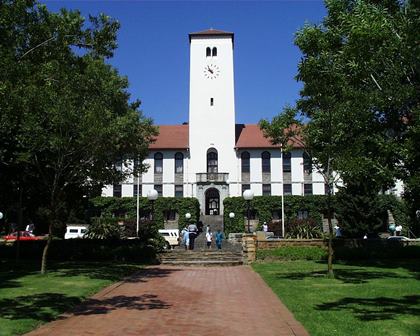In a unanimous ruling on Tuesday 7 November, the Constitutional Court dismissed an appeal by three Rhodes University students against an interdict granted by the Grahamstown High Court in December 2016.
The three students had approached the Constitutional Court following unsuccessful attempts at the High Court and Supreme Court of Appeal.
The interdict followed participation by the students in protests against gender-based violence in April and May 2016 which the court found had “made serious inroads into the rights and liberties of others”.
In some instances the protests led to unlawful conduct that included the kidnapping and assault of two male students suspected of rape or sexual assault, the disruption of classes at the University, damage to and destruction of University property, and the erection of barricades at the entrance to the University, the High Court had found.
In their approach to the Constitutional Court, the students sought to challenge the basis upon which the lower Court satisfied itself of their involvement in the “unlawful conduct” and contended that the interdict was issued on the basis that the University considered them to be the leaders of the student protest.
The Constitutional Court upheld the order by the High Court in this regard and has found that the judgment of the lower Court reflected “a detailed consideration of both the law… as well as the facts.”
Vice-Chancellor, Dr. Sizwe Mabizela welcomed the judgment.
“At Rhodes University, everyone has the right to freedom of expression, the right, peacefully and unarmed, to assemble, to demonstrate, to picket and to present petitions as afforded in sections 16 and 17 of the Constitution… What we cannot protect and what the law does not protect, however, is unlawful conduct and the undermining of the rights and liberties of others. It is extremely unfortunate when illegality is committed in the name of a necessary and important campaign against gender-based violence.”
Rhodes excluded three male students, one for 10 years and two permanently over rape allegations.



